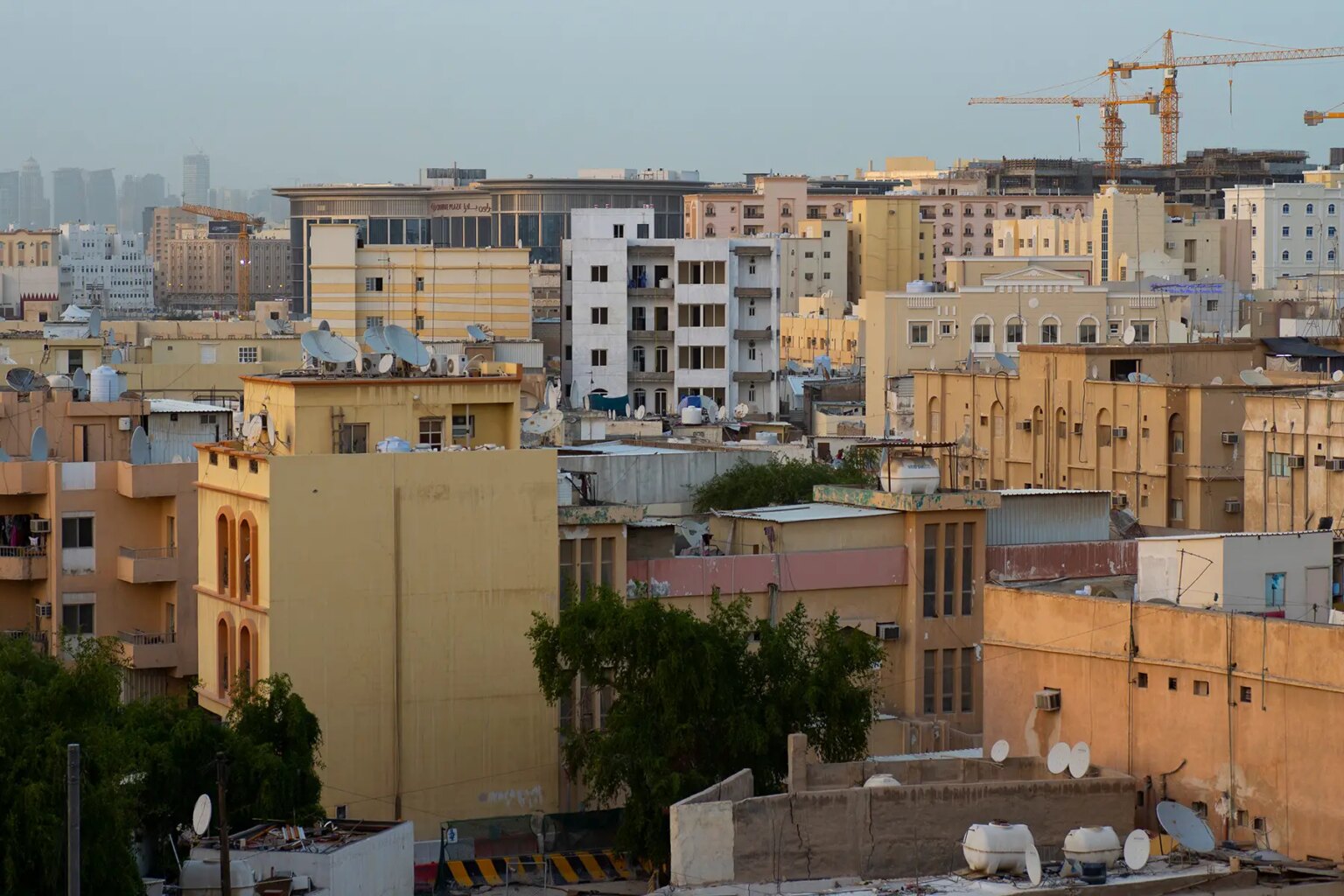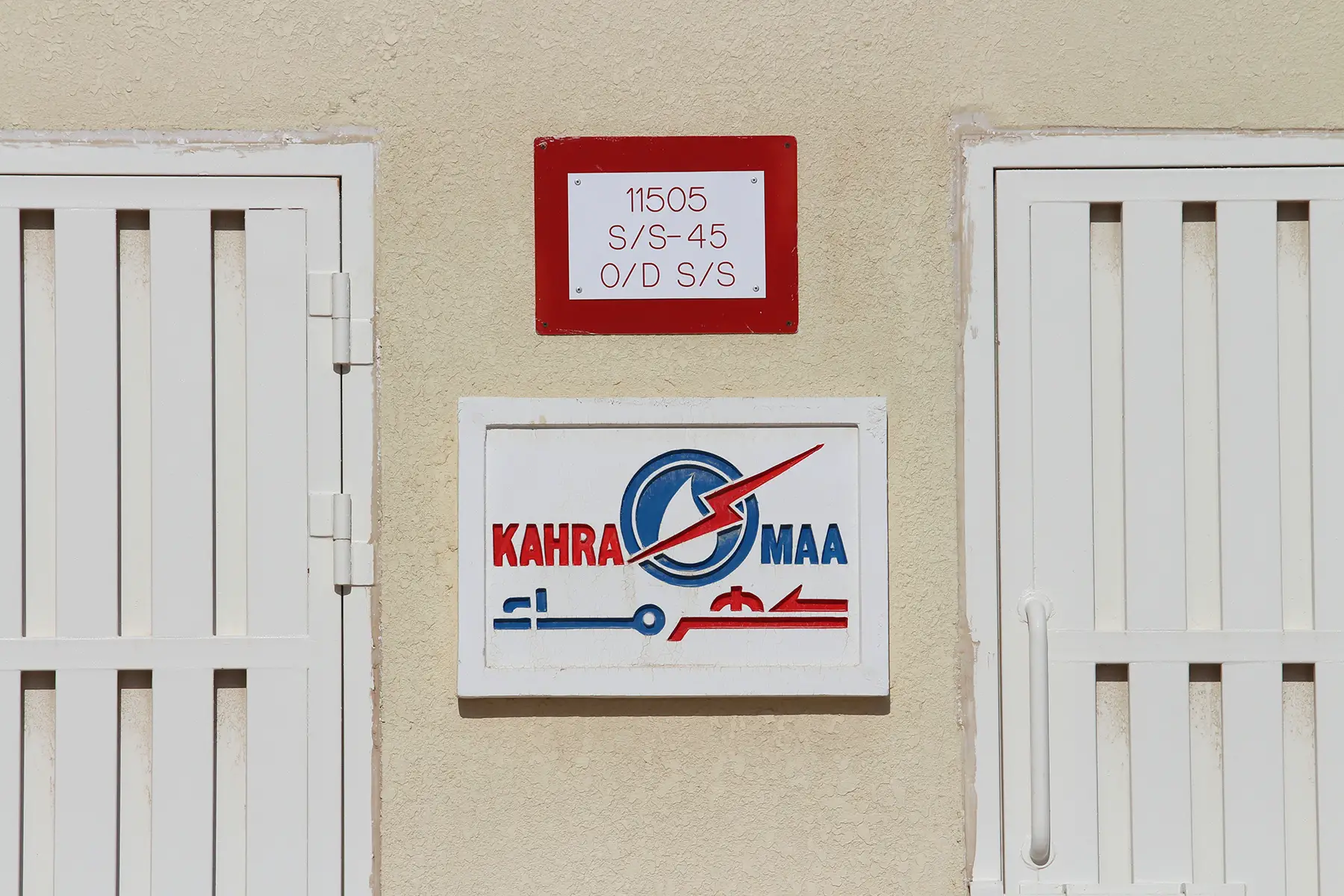The guide includes the following sections:
- The expat community in Qatar
- Renting in Qatar
- Popular places to rent in Qatar
- Buying vs renting in Qatar
- Types of property to rent in Qatar
- Finding a place to rent in Qatar
- Student housing
- Flatshares in Qatar
- Tenancy contracts and renting a property
- Rent costs in Qatar
- Tenant and landlord rights and obligations
- Utilities and telecommunications in Qatar
- Moving in and moving out in Qatar
- Tips for renting in Qatar
The expat community in Qatar
The oil-rich, tiny Middle Eastern country of Qatar is an attractive option for expats, who account for approximately 88% of the population. It is the richest country in the world, in per capita income terms, and considered highly developed.
Since 90% of people – including almost all expats – live in the capital city of Doha, this is most likely where you would look to rent in Qatar. Although this is a fairly expensive proposition, it’s well worth it, given the high standards of construction and maintenance. The first step is to ensure that your housing allowance is at least a quarter of your annual CTC. Once this is in place, you can look forward to enjoying world-class living amenities in great neighborhoods.
Renting in Qatar
Although Qatar has been opening up parts of its property market to enable foreigners to buy real estate, most expats still prefer to rent. Around three-quarters of the population – most of them expats – rent apartments and villas. Around 60% of all properties in the country are for residential renting.
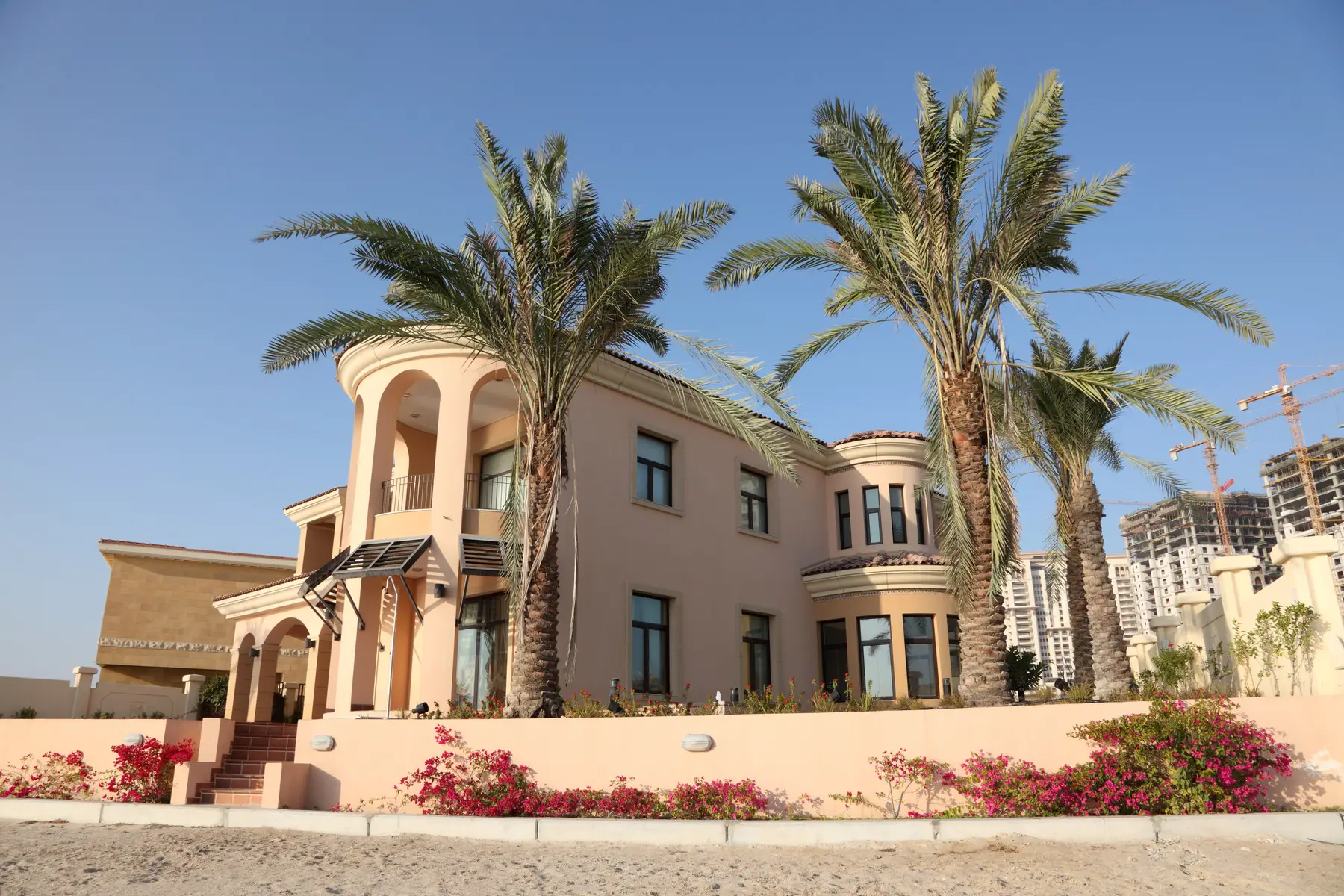
Renting a place to live in Qatar is an expensive proposition. According to a report by real estate services organization Colliers International, an average expat household spends more than a third of its income on rent. However, the relatively cheaper cost of utilities (water, electricity, and gas) offsets rentals to a large extent. If money is a concern, you may want to steer clear of the temptation of getting a villa, and opt for an apartment.
The renting process
The renting process in Qatar is efficient and quick, but you need to have the required paperwork in place. Most rental contracts are annual and have strict provisions about dos and don’ts. Make sure you read your contract carefully and look out for the fine print! You may find many (or at least some) of the clauses very watertight and probably tilted in favor of the landlord; so a good idea will be to clear all doubts and lay down your requirements upfront. For instance, are the premises pet-friendly? Can visiting friends stay with you? This will avoid any confusion later on.
Most rented accommodation requires you to give post-dated cheques for the entire duration of your contract before you move in. Don’t worry, though, this is how the market operates; they are not singling you out. Also, do keep in mind this is an Islamic country, therefore you have to keep certain guidelines in mind. For instance, you need to be married in order to rent a place as a couple in Qatar; you may be able to get away with it at a stretch, but it’s best not to take a chance.
Popular places to rent in Qatar
The Old Airport Area: For those who wish to live in a historic part of Doha; this is where the old airport used to be. It has mostly spacious villas suited for varying budgets, so ideal for families.
Al Saad: Home to the landmark Al Saad Sports complex. This part of Doha is bustling with malls, medical centers, and other conveniences.
West Bay: Insulated from the general hustle, this is a genteel part of town, facing the sea. It’s a Tony neighborhood and boasts premium villas and swanky residential high-rises. However, be prepared to pay a high price for all its trappings.
Al Dafna: This is the downtown area of Doha, and is well-connected to all parts of town. A lot of offices operate out of here, so it’s the ideal place if you don’t want a longer commute, and is hugely popular with expats. Plus, it’s sea-facing.
Lusail City: One of the proposed venues of the 2022 FIFA World Cup, this is a futuristic district about 20 km away from Doha. A lot of construction is ongoing, but if you want a taste of the future, this is where you should be heading for.
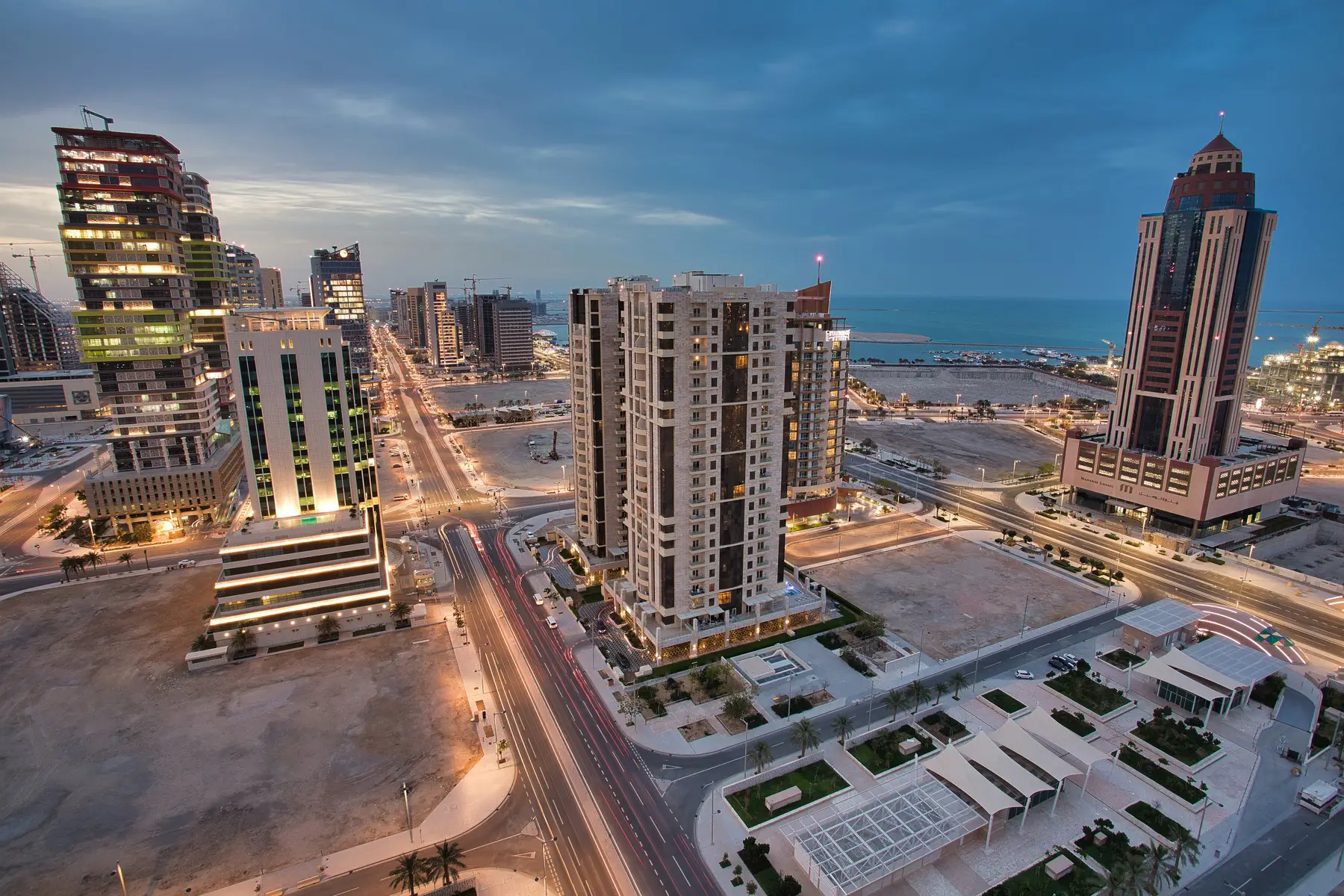
Buying vs renting in Qatar
According to an article by valustrat.com which appeared in March 2019, “renting seems the most viable option for most expatriate households due to lack of financial capital, need for flexibility, and most importantly, the uncertainty regarding their length of stay within the country.
However, for those households which expect to remain for more than five years, have a minimum monthly income of QAR 15,000 and can afford to pay a down payment of at least 30% of the capital value, buying can be a viable option to consider.”
There are high chances that your Gulf posting or assignment is likely to be a temporary one, and you are unlikely to convert it into a permanent residency there. Even if you are thinking about the long-term, you will need at least a couple of years to get acclimatized to a new country/market; so, right after the landfall, renting in Qatar is the way to go.
Types of property to rent in Qatar
When looking at renting a place to live in Qatar, there are many different options. The villa life, for example, which comes with all kinds of amenities and community living, will be a tempting proposition if you have a big family. However, there are many options you should sift through before you make an informed decision. It is a good idea to factor in issues like money, location, conveniences, and proximity to your workplace and schools; these will come in handy in a new place.
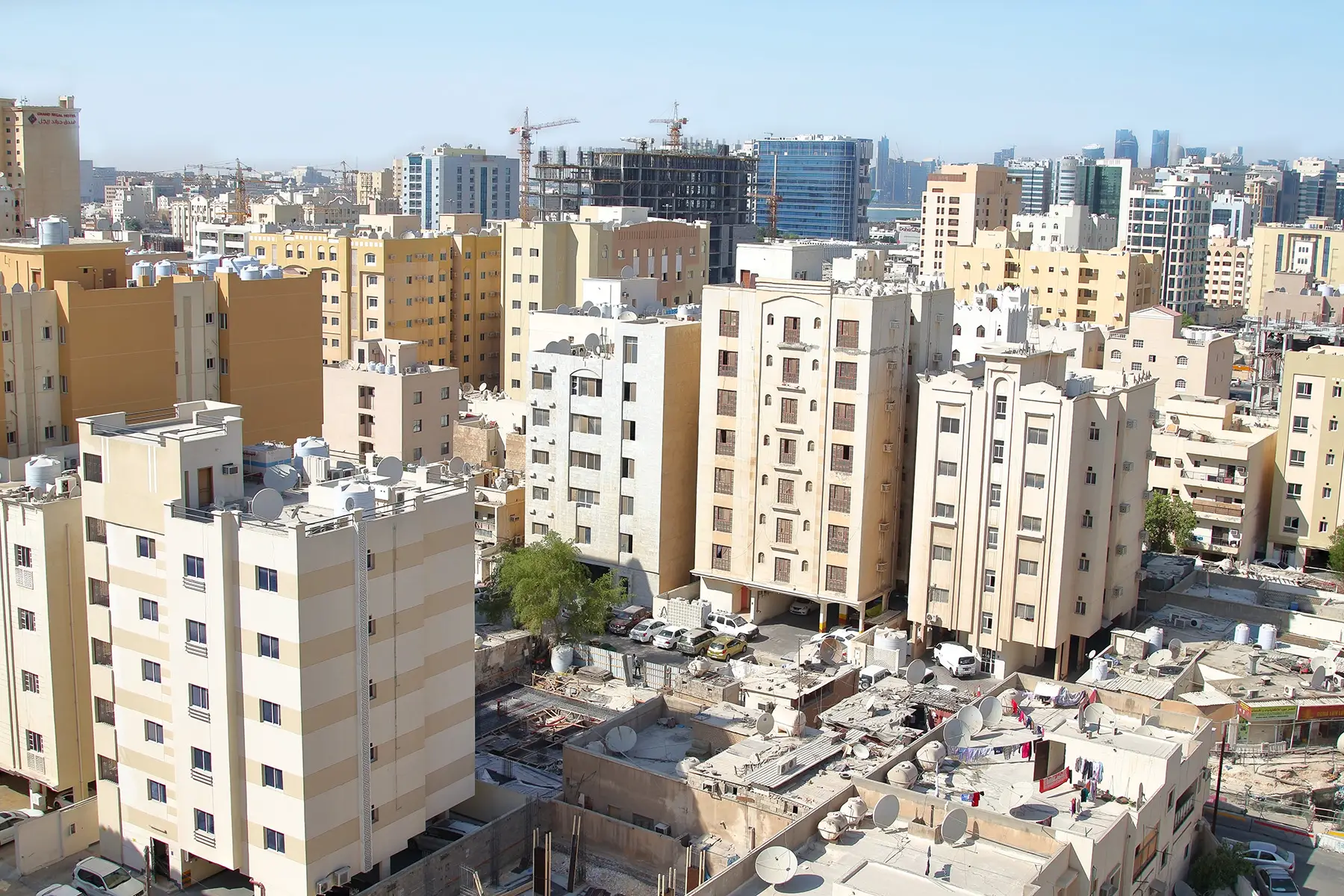
Renting options
- Villas in compounds: These have gates, small gardens, and common activity areas like community centers, convenience stores, swimming pools, and playgrounds. Ideal for those with kids.
- Standalone villas: These are much larger, with larger gardens and individual swimming pools. And of course, these are way more expensive than any other kind of rented accommodation.
- Apartments: There are one-, two-, three-, even four-bedroomed ones, and you can choose one according to your needs. Studio apartments are ideal for single professionals. Most apartment buildings have a common lobby area, gym, and pool; unless you’re looking at older buildings.
- Serviced apartments: Many expats prefer these for the first few months so that they can take their time finding regular accommodation. These operate on the same principle as they do elsewhere in the world, and include housekeeping and room service. Sometimes, a buffet breakfast is part of the daily tariff. You can hire these for days, weeks, and even months.
With the exception of serviced apartments, all other forms of accommodation come either furnished, semi-furnished, or unfurnished. Take your pick. Semi-furnished ones have basic furniture like carpets, curtains, and white goods (a TV is usually there too). Air-conditioning is mostly a given in all forms. If you opt for a furnished place, make sure to advise your landlord on what you do and don’t need before you sign on the dotted line. For instance, you may want basic tableware to be thrown in. Remember, renting a furnished place in Qatar can be at least 1,000 riyals more expensive, so many feel investing in their own furniture may be better in the long run.
Finding a place to rent in Qatar
The most popular way to identify a property to rent in Qatar is through licensed agents. There are websites that list various options, across budgets. Newspaper classifieds sections (both print and online) will also have helpful listings. These will have concerned agents’ contacts; you can set up a meeting with them after a phone call. Most agents also deal in a large body of properties; so even if the one you saw online doesn’t measure up to your expectations, you can always ask the agent to show you more places.
At times, you may find a property listed directly by the owner, which means you won’t have to pay an agent’s commission. Additionally, try asking your office if they have any properties under their jurisdiction or contacts of agents and landlords.
Some of the best-known and reliable property listing sites include:
Since Qatar is such an expat-heavy country, almost all agents speak in English; in the rare case that they don’t, they will get along someone from his/her agency who knows how to.
Student housing
Students usually have to stay within campus or in a building/gated community that is maintained by the college or university; exceptions may be made in case said student has family friends or extended families with who they can live. Accommodation can vary from dorm-style digs to a furnished flat. All basic utilities like electricity, water, and wifi are part of the tariff.
Flatshares in Qatar
Flat-shares in Qatar are illegal, unless the landlord gives you his express, and written, go-ahead. If you come across someone who is willing to share his/her apartment with you without the knowledge of the landlord, please do not take it up. Ensure you see the paperwork before agreeing. Flat-shares are usually done by word-of-mouth (at the workplace, for instance). Social media is another popular medium to secure flat-shares so make it a point to join relevant groups.
Tenancy contracts and renting a property
Once you contact an agent or the property manager, you can set up a convenient time. It is advisable to start this process once you have the following documents in hand; all of which you need when you sign a rental agreement:
- Residence permit/visa
- Qatar ID card
- Your employer’s/sponsor’s ID card/trade license along with your salary slip
- A checkbook with at least 13 blank checks
Unless you have the necessary paperwork in place, you will be unable to book a place that you like. There is also a chance that someone will beat you to it by the time you get your affairs in order.
Security deposits and checks
Tenancy contracts in Qatar are all annual. You need at least 13 blank checks because you may have to submit 12 months’ rent via post-dated checks; plus a security deposit (usually a month’s or half a month’s rent amount). The security deposit is fully refundable at the end of your stay, provided you have not incurred any damages. Please keep your security deposit receipt safely; you will need it when you claim your refund.
If you are using an agent’s services, you can pay the commission in cash or by check. There is also a small fee charged by the Real Estate Lease Contracts Office, the paperwork of which should be handled by the agent in consultation with the landlord.
The tenancy contract is drawn up in Arabic and you will be given a translated English copy. You might like to get a translator to have a look at the final copy to ensure no vital details have been conveniently left out in the English copy. In the unlikely case of a dispute at any point, the Arabic contract will have legal standing, not the English one.
Many times, landlords ask for quarterly post-paid checks; therefore four checks instead of 12. If you are game, the annual rent will be reduced slightly from what you would have to pay if you opt for monthly payments. Negotiate and see what is in your best interest.
Contracts are binding for a year, so if you leave out of turn, you will need to pay a penalty. This is usually two months’ rent; you also have to give two months’ notice.
Rent costs in Qatar
In Doha, studio apartments in a good area (i.e., close to the city, with convenience stores, schools, and medical centers in the neighborhood) start at around QR5,000 per month. A one-bedroom apartment will cost you (approximately) upwards of QR6,000, depending on the location and amenities provided.
For two- and three-bedroom apartments, be prepared to shell out upwards of at least QR7,500 per month. If you choose to live in a high-end area such as The Pearl, it could be anything between QR10,000 and QR12,000. And premium villas will cost at least QR15,000 per month.
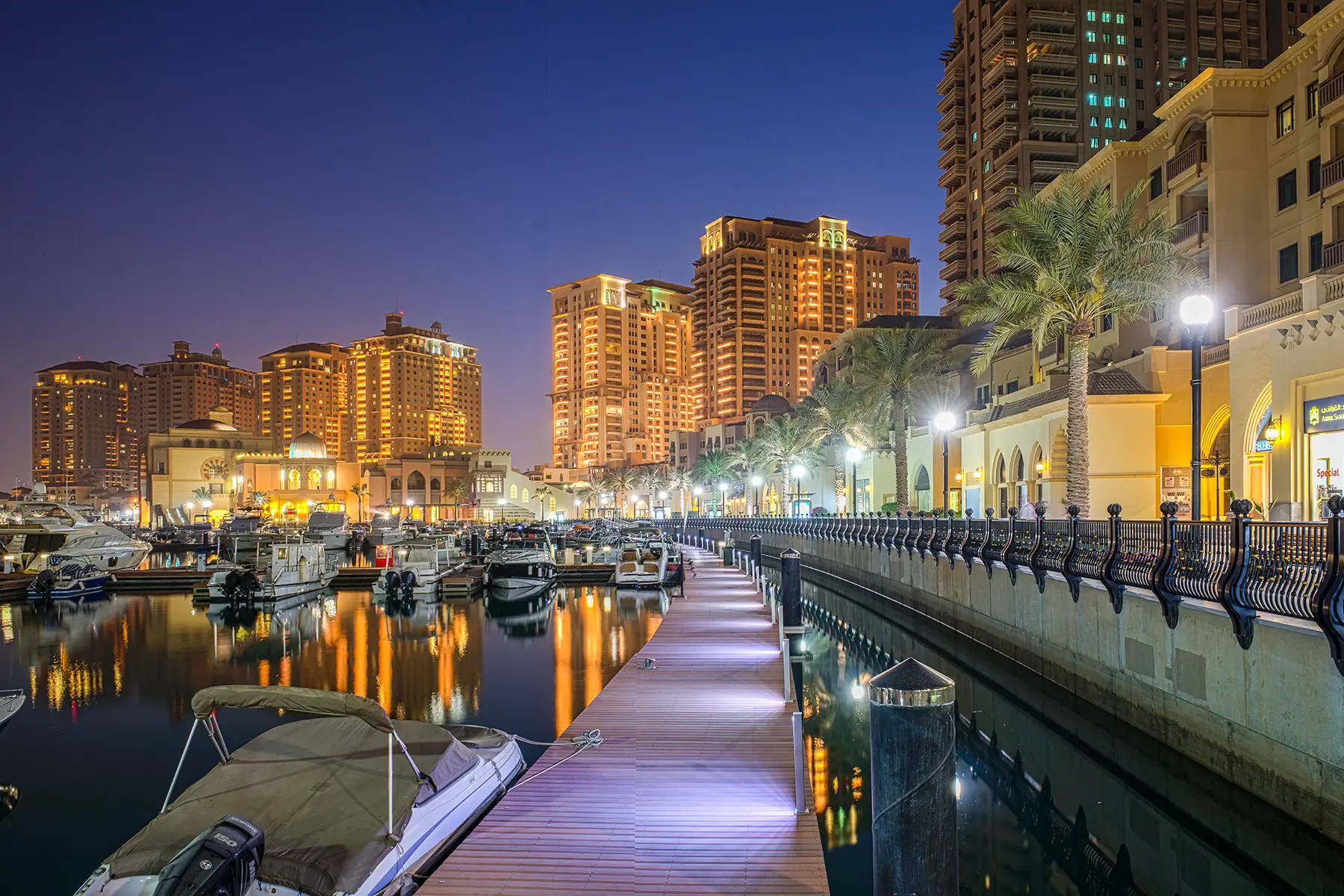
If you live outside the city, or in older areas where buildings are not as state-of-the-art, it will be at least 25 to 30% cheaper, however, it may not be as convenient.
You pay rent through post-paid cheques, which have dates from the time you move in. So if you occupy a place on the 10th of a month, subsequent encashment will happen on the 10th of every month; or quarter, if your contract has quarterly payments.
In apartments, maintenance for common areas such as the lobby, corridors, gym, and swimming pool is generally included. For villas, it depends on your contract.
Agency fees
Chances are you will go through an agency. Agents typically charge around the equivalent of one month’s rent as fees. But feel free to negotiate.
The Real Estate Lease Contracts Office will impose an annual registration fee of 0.5 percent of the annual rental value of the premises you occupy; the minimum is QR 250, while the maximum is QR 2,500.
Renewal fees
If you are renewing your contract, there is no fee except the one levied by the Real Estate Lease Contracts Office.
Tenant and landlord rights and obligations
The landlord
Legally, the landlord cannot increase the rent for the duration of the one year that the tenant has signed the contract for. At the end of 12 months, the landlord is entitled to raise the rent (within prevailing market limits). However, the tenant is under no obligation to renew the contract if he/she isn’t agreeable with the new rent.
If someone is moving into a furnished place, the landlord should provide him/her with an inventory; they need to verify and sign off on the same so that discrepancies do not crop up later.
If a rent check bounces, it is a punishable/criminal offense by law for the tenant; the landlord also has the right to evict him/her and his/her family immediately.
The landlord should provide you with an English-translated copy of the contract.
If it is an apartment building, the landlord will have to maintain all external and common areas such as the lobby, corridors, pool, gym, and so on. If the landlord does not own the building and only owns the apartment being rented out, it is usually him that pays the building maintenance (unless specified in the contract).
The tenant
Tenants can only alter fixtures and fittings, or carry out any other form of alteration, with the consent of the landlord; something which should be stated clearly in the contract.
Sub-letting is unauthorized unless the tenant has the landlord’s express and written consent.
In apartment living, every floor has a garbage disposal chute, so it is the responsibility of the tenant to dispose of trash. In villas, however, maintenance workers collect the garbage.
It is the tenant’s responsibility to maintain the premises well, and at the end of the term, hand over the premises without damages.
Where to go in the event of a dispute
There is a Rental Disputes Settlement Committee office, which is located in the Muntazah area in Doha. You can also log in to the government website and file an online complaint.
Utilities and telecommunications in Qatar
While the infrastructure is in place in rented apartments and villas, things like light fittings, air-conditioning, Wi-Fi plug points, landline phone points, and so on have to be borne by the tenant. Furthermore, all applications to services and expenses thereafter must be paid by the tenant, unless otherwise agreed upon.
Moving in and moving out in Qatar
All available properties are usually ready to move in; this means they are already cleaned, freshly painted, and have been serviced by pest control, and so on. Therefore, you can move in as soon as the tenancy contract is signed, and the first month’s check encashed. At times, you don’t even have to wait for the first check to be encashed, you can move in that day.
Contracts are binding for a year, so if you leave out of turn, you will need to pay a penalty. This is usually two months’ rent, and you also have to give two months’ notice.
If you do not wish to renew your contract after it comes to an end, you need to give a couple of months’ notice to the landlord. You will get your security deposit back once the final utility bills are cleared, and the landlord is satisfied that no damages (other than regular tear and wear) were incurred.
Tips for renting in Qatar
- Check, double-check, and triple-check your contract. Don’t miss the fine print and ensure nothing is lost in Arabic-to-English translation.
- Do not carry out any construction (breaking down a wall, for instance, to extend space), unless you have express and written consent from the landlord. Even if you are getting a wall painted a different color, seek his approval first.
- Do not create disturbances (children creating ruckus in public areas, for example).
- If you are having a party, ensure you inform your neighbors; try to wrap it up at a decent time.
- Find out if your premises are pet-friendly (if you have a pet).
- Find out if maintenance is included in your contract; it usually is, but you may want to know to what extent. Also, find out if there are any expenses; there usually isn’t, but it doesn’t hurt to check.
- Remember that unmarried couples co-habiting is considered a crime in Qatar.
- On Fridays, building/maintenance staff are usually off, so be mindful of that.
- When the time comes for you to hand over your apartment or villa at the end of your stay, it should be in the exact same state (minus the mandatory wear and tear that should be specified in the contract).
